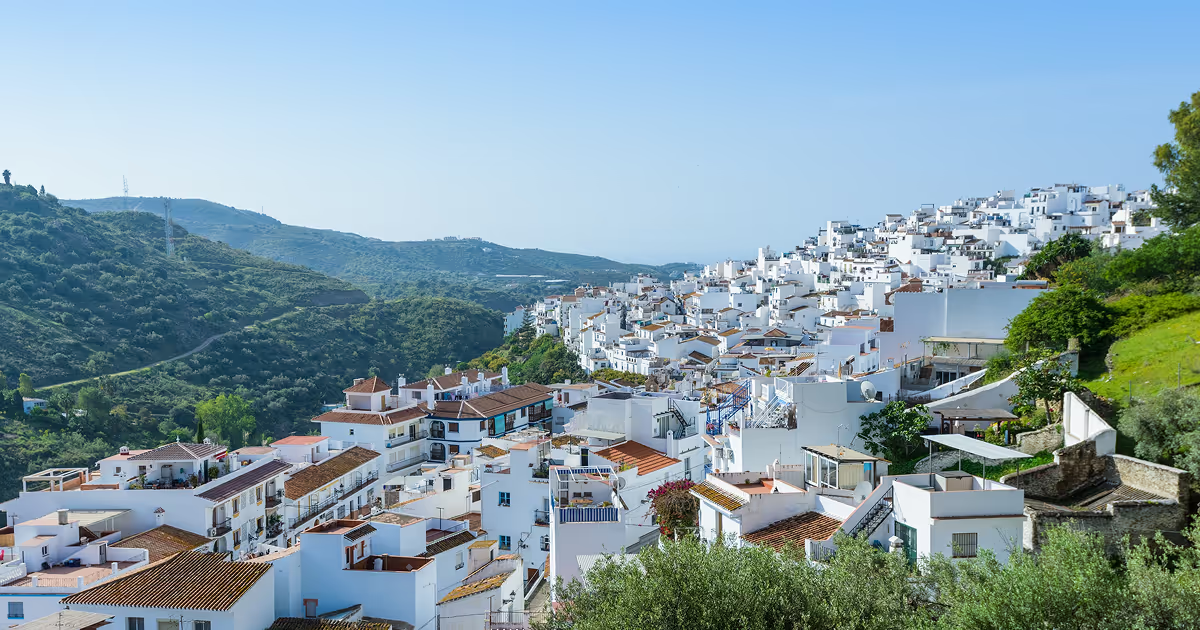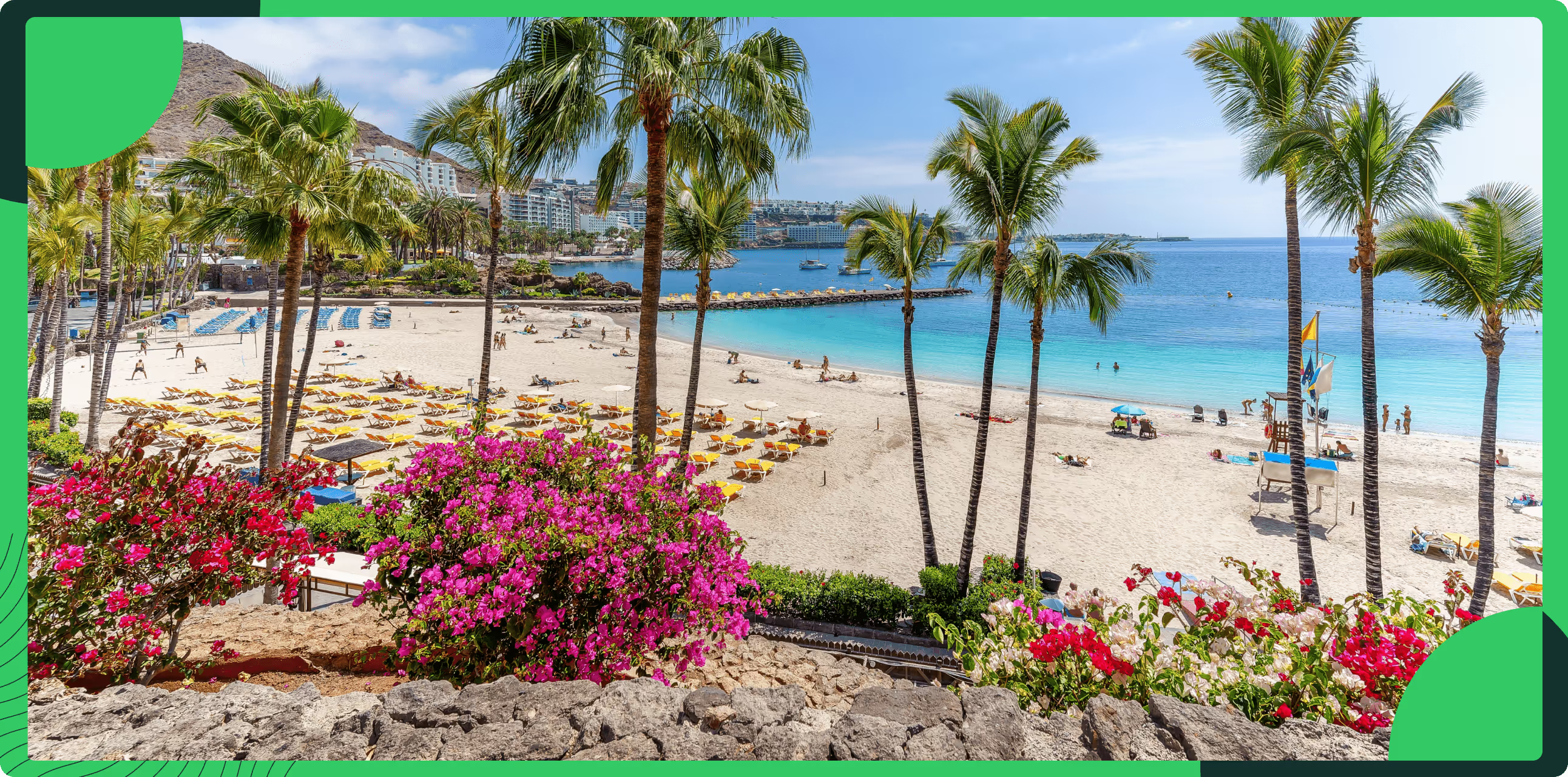
If you are planning to retire in Italy there are some interesting options available to you. Many EU countries are considered relatively high cost from a tax perspective. However, things have been changing as Member States realise that lower tax rates are a great way of attracting wealthy individuals who provide much-needed income to local businesses and people.
Internal tax competition is frowned upon by some EU countries, particularly in respect of corporate taxation. The level playing field principle is important to EU unity, but as we know, all countries levy different personal tax rates. Wealth Tax, for example, is fairly high in some countries and non-existent in others. Income tax rates are also different in every State.
All reduced tax systems require certain conditions to be met; individuals should seek professional advice before deciding which route is best to take. Italy has thrown its hat into the tax competition ring by creating three main options for those wishing to work or retire there.
[xyz-ihs snippet="video-retire-in-Italy"]
1. Inbound tax regime
This option works for companies employing people who have left Italy for a period, then return. It is also suitable for foreign hires. Those who qualify can reduce their income tax liability by up to 90%, depending on which region they reside. The person must live in Italy for at least two years; the scheme runs for a maximum of five years.
The highest income tax allowances apply to the southern regions as the Italian State is attempting to boost wealth and reduce income inequalities. The allowance for other regions has been increased from 50% to 70%.
Previously, qualification criteria were fairly limited, applying to particular professions and only for those with relatively high levels of academic achievement. Now, this scheme is open to a much wider range of individuals and also to the self-employed.
2. Non-Dom programme
Non-Dom applications generally come from the very wealthy. There is a global trend for the super-rich to take advantage of favourable ‘Golden Visa’ schemes. In many cases, using Non-Dom schemes can significantly reduce taxation compared to countries that don't offer them.
Italy's version is relatively straightforward to understand. As a Non-Dom, an individual will pay €100,000 per annum plus €25,000 for other family members. If someone earns circa €1 million per annum, his/her effective tax rate is 10%.
3. Pensioners scheme: an incentive to retire in Italy
This scheme will probably prove to be the most popular amongst retirees looking for 'La Bella Vita'. Italy is a beautiful country with a lot to offer those who appreciate great food, wonderful countryside, and weather, along with the multitude of cultural experiences available.
The retiree scheme is open to people who have a guaranteed pension or other sources of income such as an annuity which will be paid for life. There is no minimum income requirement, although it is necessary to demonstrate that you can support yourself financially and not burden the State.
If you decide to retire in Italy, income tax is charged at 7% per annum for up to 10 years. Additionally, other foreign-sourced income can be disregarded for tax purposes as long as a Dual Tax Treaty or Tax Information Exchange Agreement exists between Italy and the other country. It is, therefore, possible to avoid Capital Gains Tax (CGT) on foreign investment portfolios. There is also a full exemption from Wealth Tax and the reporting obligations which are normally applicable.
Investment planning opportunities
Investment Bonds issued by EU insurance companies are a very useful way of creating a tax-effective portfolio of balanced funds, tailored specifically to an individual’s risk appetite and market sector requirements.

These products are highly flexible portfolio management vehicles where gains roll-up tax-free within the 'insurance wrapper', therefore helping to avoid Italian CGT legally. Insurance Bonds can also be adapted to cater for a change in residence. Essentially, there would be no need to encash a portfolio if/when either moving to the UK or an EU country. This would allow the individual to benefit from extended low-rate tax planning for 20 years or more.
Flexible retirement strategy
After ten years living in Italy, you could choose to move to Portugal and take advantage of their Non-Habitual Residence regime. Those who qualify enjoy an income tax rate of 10% p.a. for up to ten years. Additionally, dividend income also applies at the same rate, and there’s no Wealth Tax. Favourable tax treatment can continue after the ten-year period by taking withdrawals from a qualifying EU insurance bond.
Summary
By planning your finances carefully, you can continue to benefit from reduced taxation for 20 years and beyond. The tax advantages of moving to or retiring in the EU can continue for life!
If you intend to retire in Italy and would like more information on the available options, please use the link below.







.avif)
